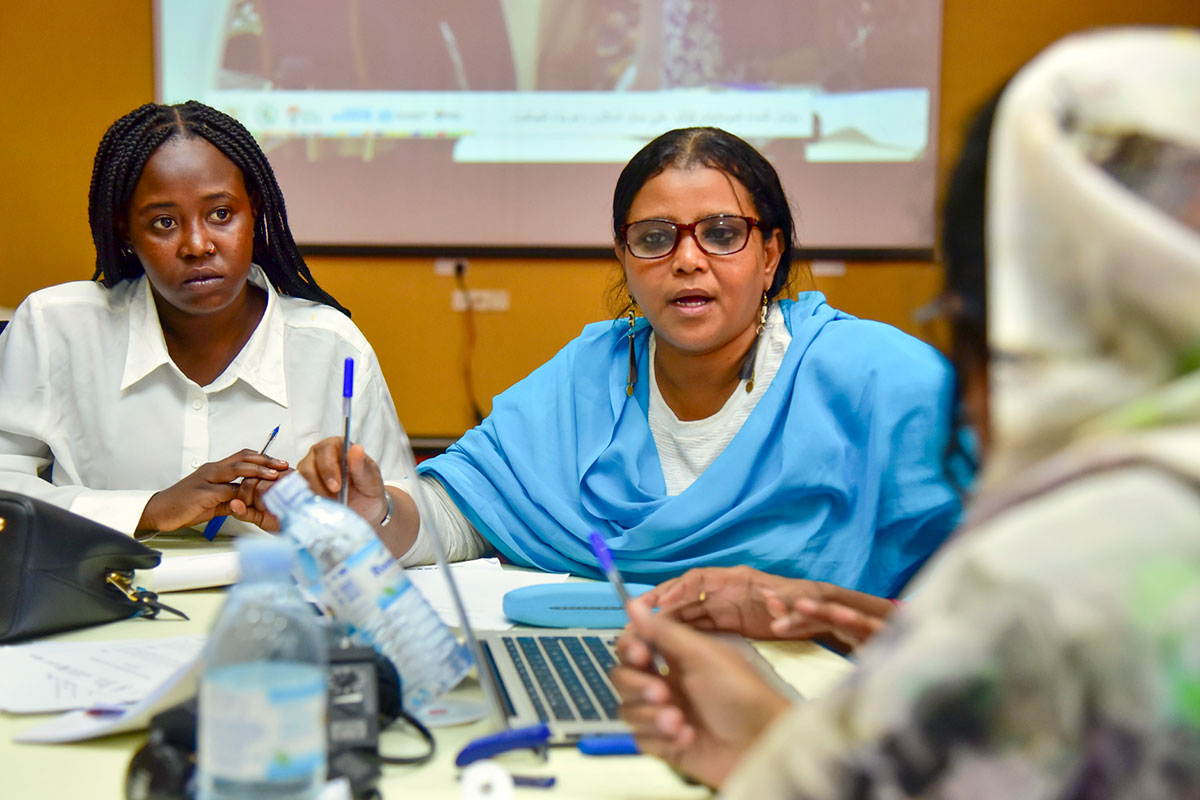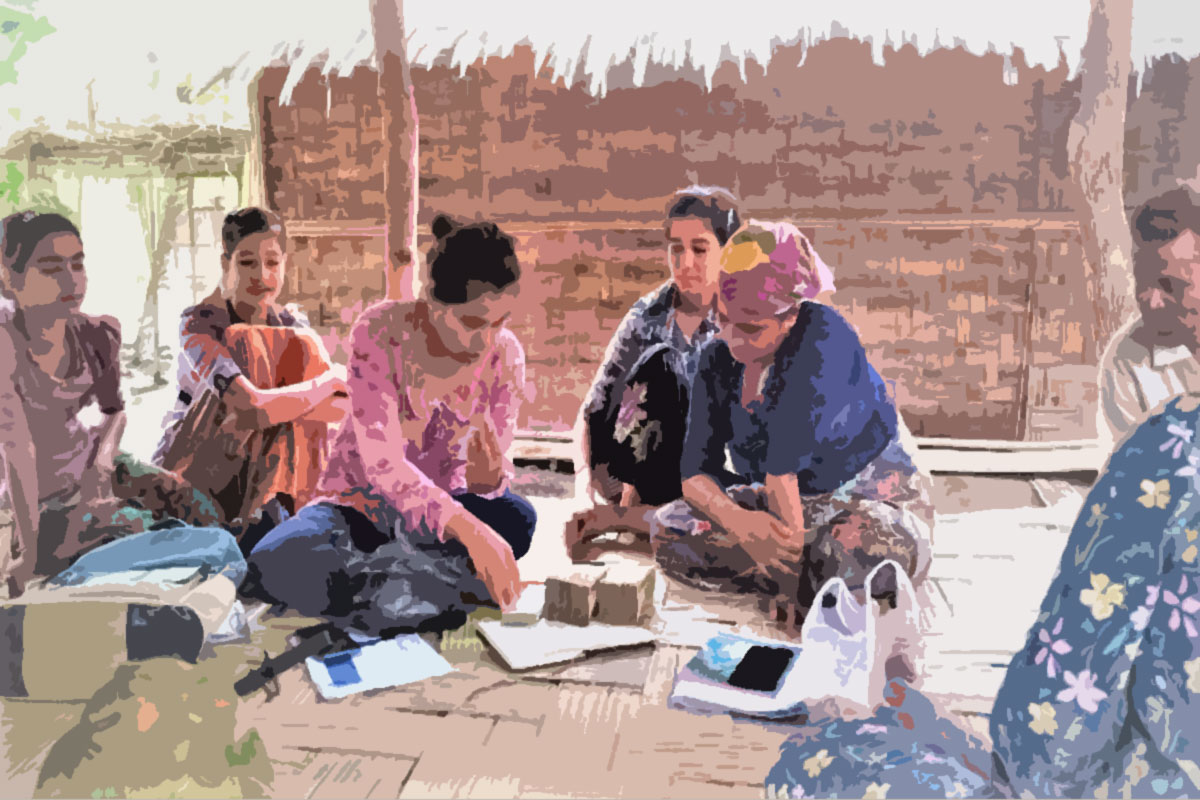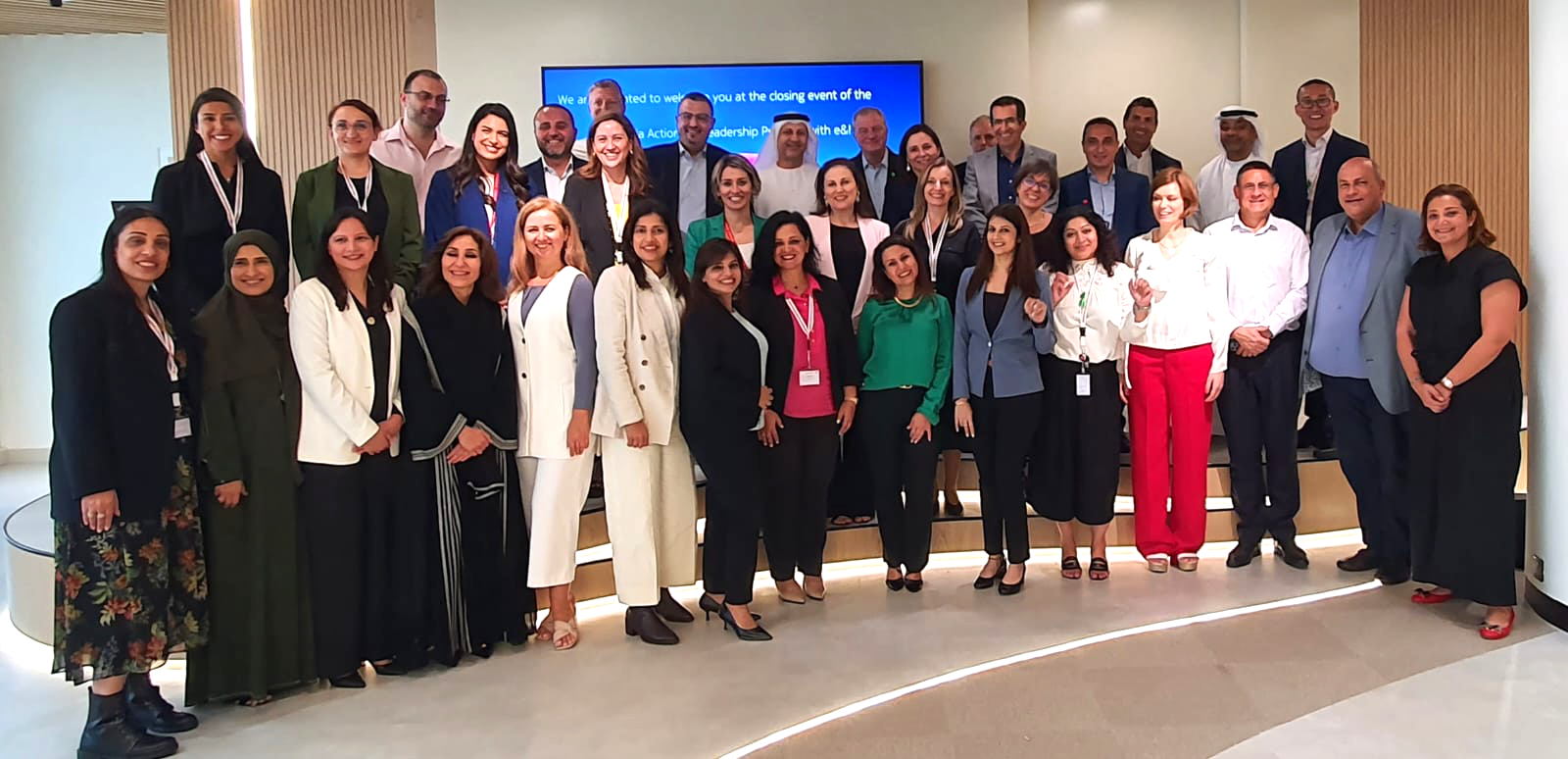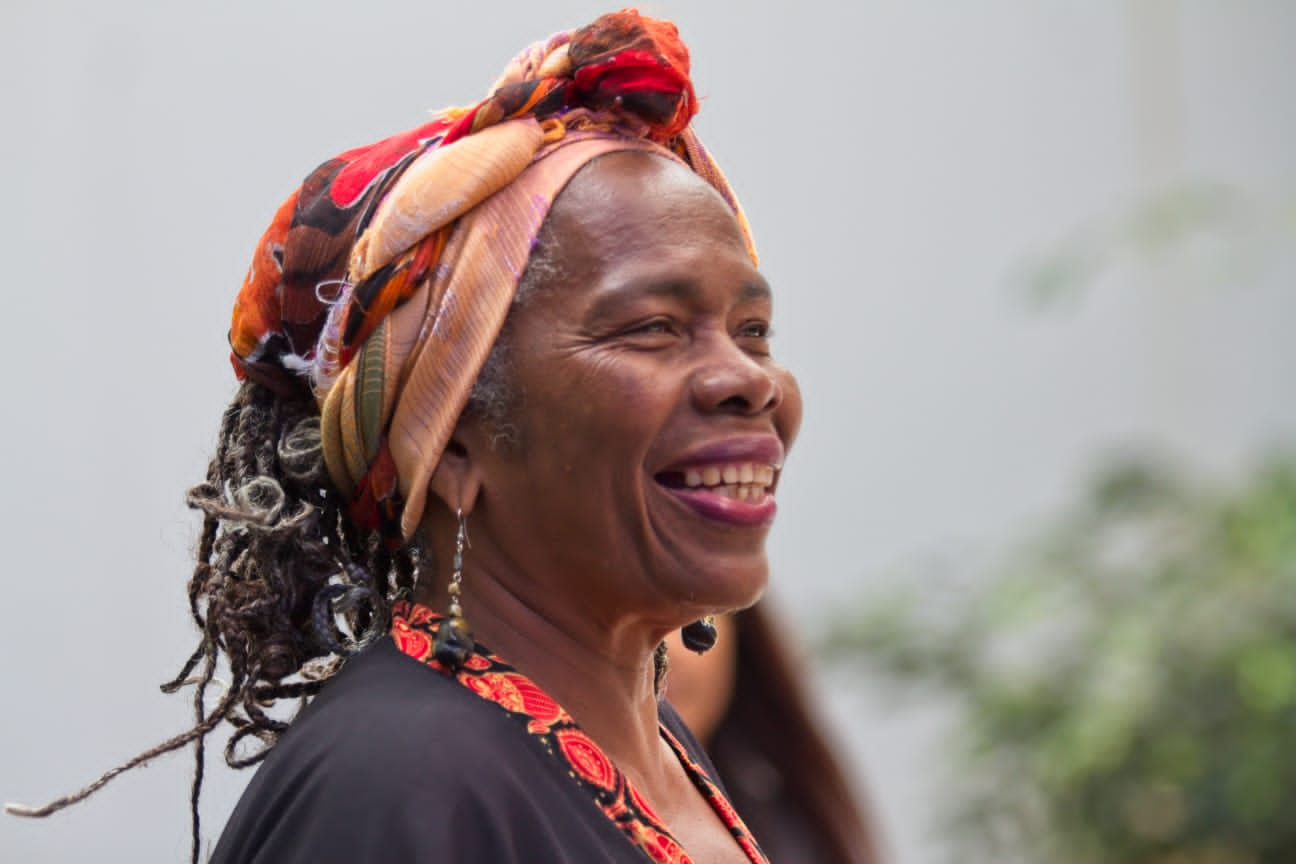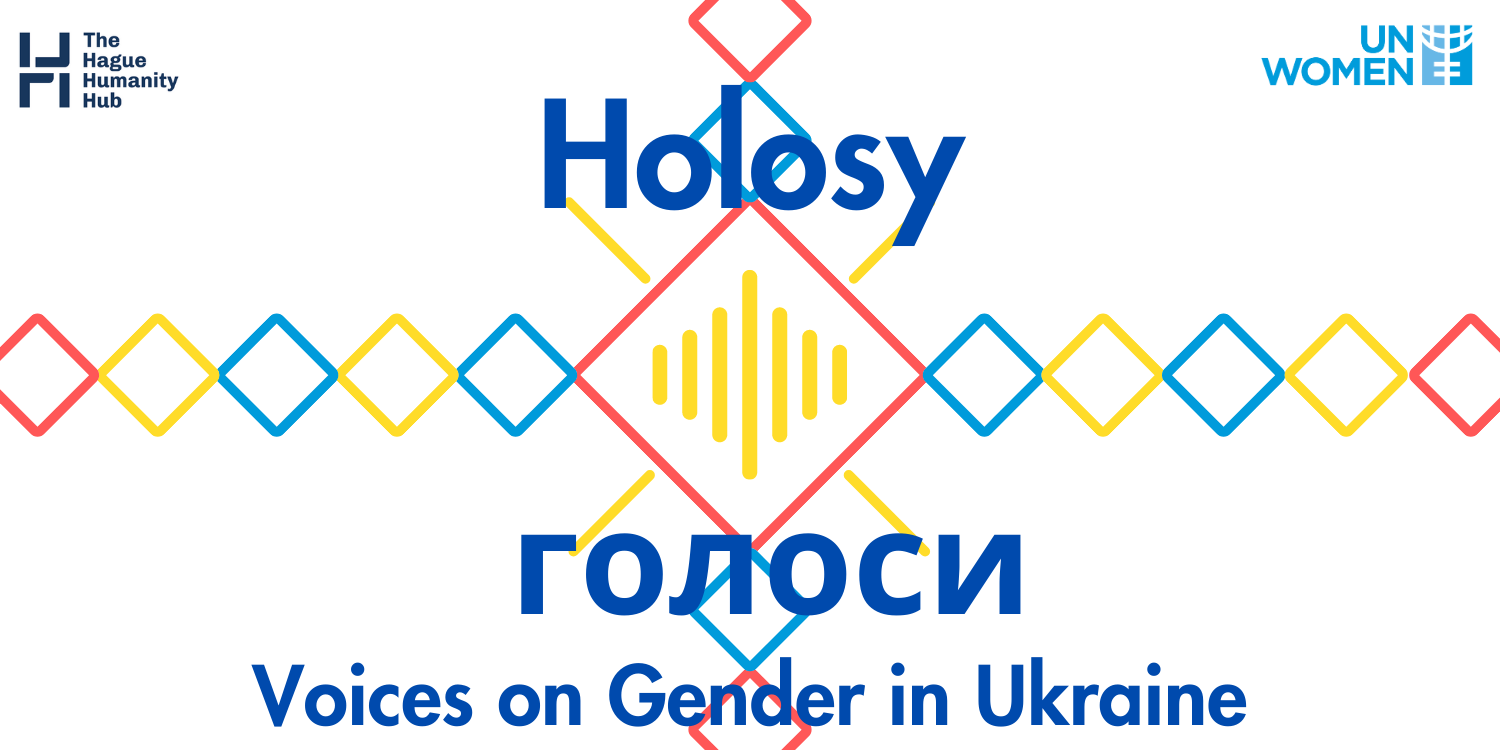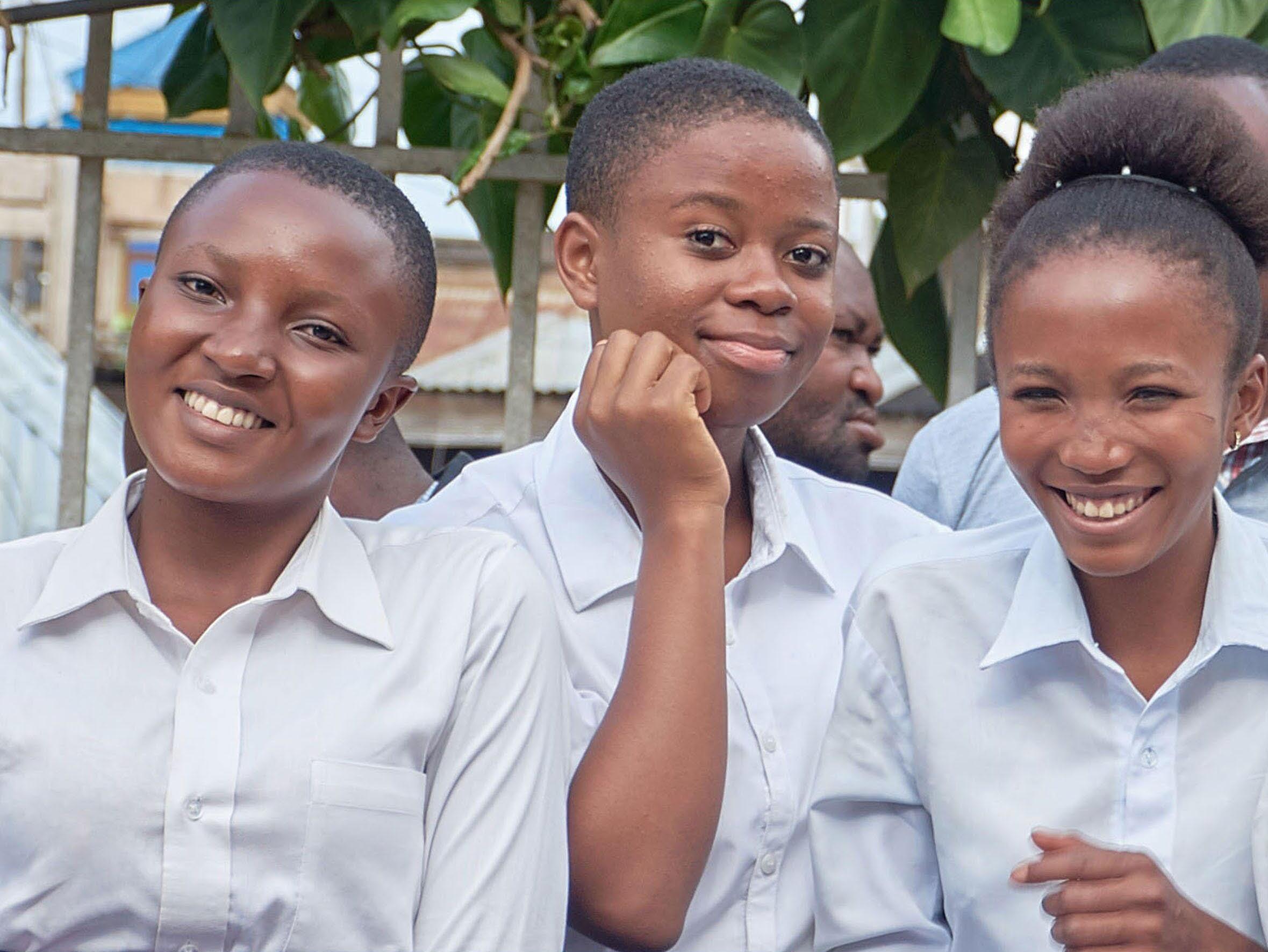
- 2022
- 2023
- 2024
Outcome 5: Women’s voice, leadership and agency
More women and girls exercise their voice, agency and leadership, including through an enabling environment that supports women’s and youth organizations.
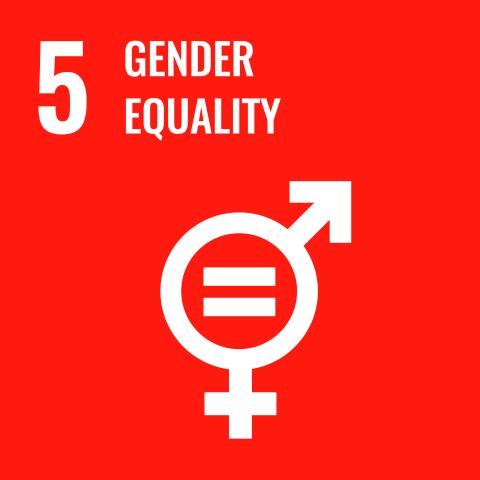
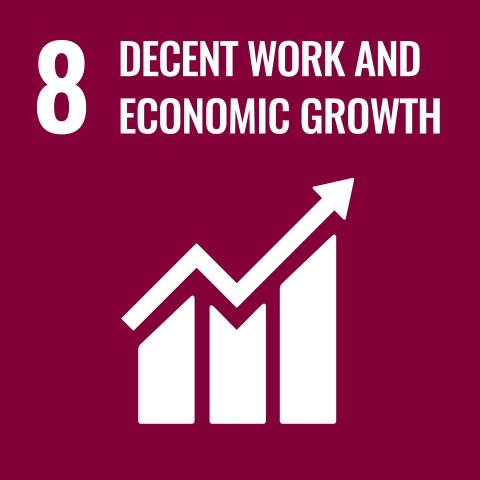
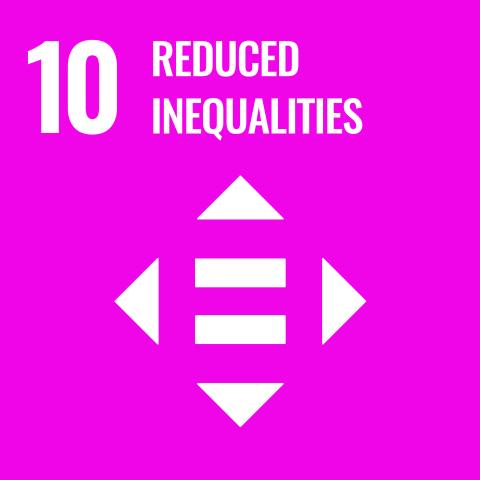
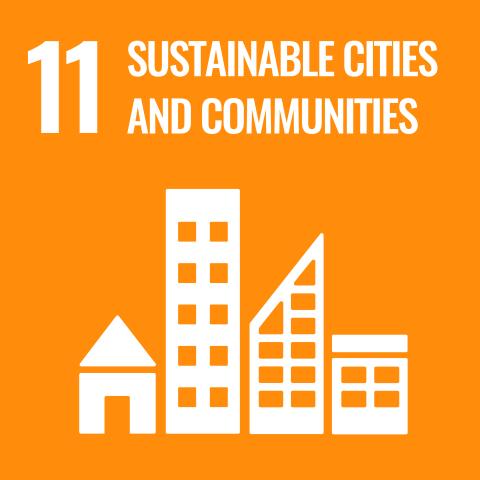
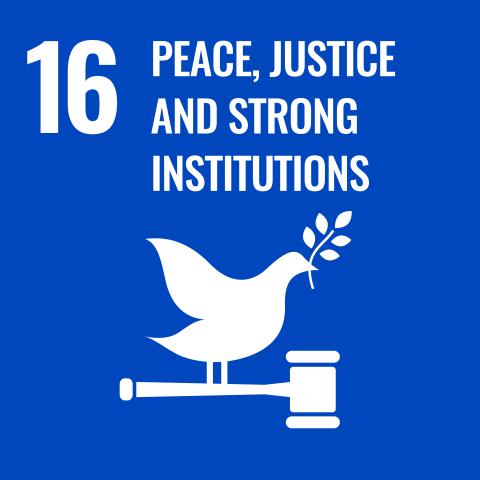
Key achievements
across 57 countries to civil society organizations working towards the achievement of women’s rights, including through the Spotlight Initiative, the UN Trust Fund to End Violence Against Women (UN Trust Fund), and the Women’s Peace and Humanitarian Fund (WPHF)
or mechanisms, across 84 countries, enhanced leadership capacity and enabled meaningful and safe engagement in decision-making
in 25 countries were developed and implemented to prevent, monitor and mitigate violence against women in politics and public life
Financial flows (expenses) in 2023 towards impact areas and systemic outcomes
Find out where UN Women's resources come from, where they go and how they are changing the lives of women and girls.
come from Recipient regions Where resources go Impact areas What resources are
spent on Systemic outcomes Which results are
delivered
Outcome indicators in 2023
Complementary indicators are identified as those in the results framework that are not repeated verbatim in the results framework of another United Nations entity, but are related or provide different but complementary lenses or insights into the same issue, high-level result and/or area of complementary work, such as a Sustainable Development Goal target.
Complementary
The relevant SDG Target is to ‘Ensure universal access to sexual and reproductive health and reproductive rights as agreed in accordance with the Programme of Action of the International Conference on Population and Development and the Beijing Platform for Action and the outcome documents of their review conferences'.
Common indicators are those that appear verbatim the same in at least two entities' results frameworks and are drawn, where possible, directly from other globally agreed frameworks.
Common




Source of data as envisaged in the Indicator Methodological Note for this indicator is unavailable, and will be revised as part of the Strategic Plan Mid-Term Review.
Common indicators are those that appear verbatim the same in at least two entities' results frameworks and are drawn, where possible, directly from other globally agreed frameworks.
Common
Output indicators in 2023
Complementary indicators are identified as those in the results framework that are not repeated verbatim in the results framework of another United Nations entity, but are related or provide different but complementary lenses or insights into the same issue, high-level result and/or area of complementary work, such as a Sustainable Development Goal target.
Complementary


Source: https://unstats.un.org/sdgs/indicators/database/
Complementary indicators are identified as those in the results framework that are not repeated verbatim in the results framework of another United Nations entity, but are related or provide different but complementary lenses or insights into the same issue, high-level result and/or area of complementary work, such as a Sustainable Development Goal target.
Complementary



This indicator has disaggregation in support of efforts to “leave no-one behind”. Please see further information on the Leave No One Behind (LNOB) page. Source: https://unstats.un.org/sdgs/indicators/database/
Complementary indicators are identified as those in the results framework that are not repeated verbatim in the results framework of another United Nations entity, but are related or provide different but complementary lenses or insights into the same issue, high-level result and/or area of complementary work, such as a Sustainable Development Goal target.
Complementary



Complementary indicators are identified as those in the results framework that are not repeated verbatim in the results framework of another United Nations entity, but are related or provide different but complementary lenses or insights into the same issue, high-level result and/or area of complementary work, such as a Sustainable Development Goal target.
Complementary

Disclaimer and notes
References to Kosovo shall be understood to be in the context of United Nations Security Council resolution 1244 (1999).
